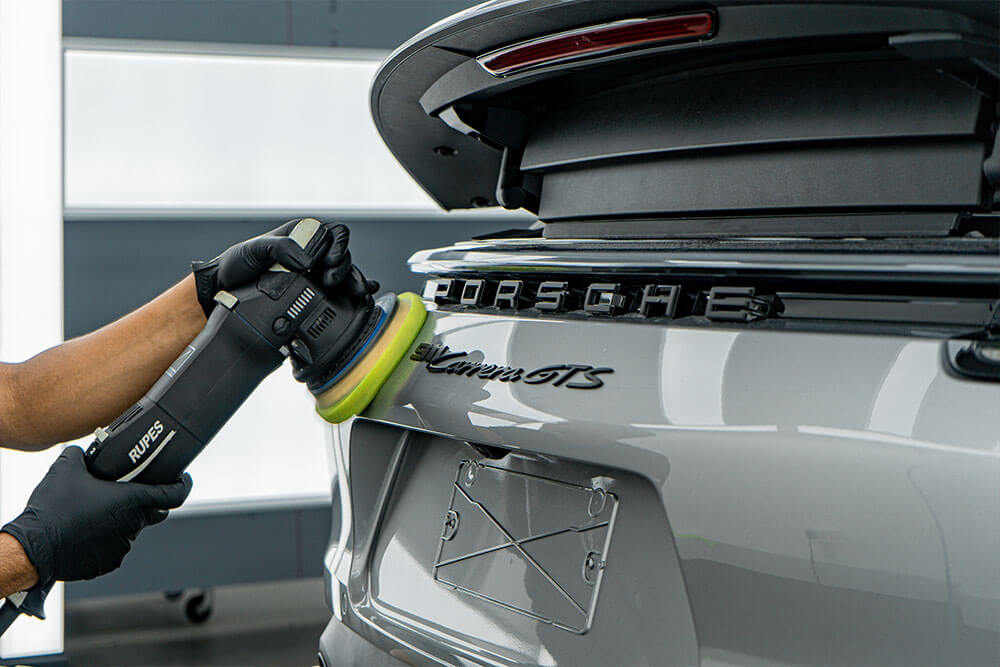
Car Paint Protection Film (PPF) is a popular option for car owners looking to preserve their vehicle’s appearance from everyday wear and environmental damage. However, myths around PPF can cloud its true benefits. Here, we dispel some common misconceptions to help you make an informed decision.
Myth #1: PPF Damages Car Paint
A common belief is that PPF harms car paint. This misconception stems from past experiences with low-quality films. High quality PPF, when professionally applied, is designed to be completely safe, forming a protective layer that absorbs impact from rocks and scratches without damaging the paint beneath. Properly installed PPF can even be removed without leaving residue.
Myth #2: PPF is Only for New Cars
Another myth is that PPF is only beneficial for brand new vehicles. In reality, PPF is suitable for any car, regardless of its age, by protecting the paint from further sun damage, scratches, and debris. For older cars, a light polish before application can create a fresh base, maximising the PPF’s impact.
Myth #3: PPF Yellows Over Time
There’s a misconception that PPF turns yellow, making it unattractive over time. While older films lacked UV protection and were yellow, today’s high quality PPF is designed with UV inhibitors, ensuring it remains clear and color stable. This lets the car’s true color shine through while still protecting it from sunlight.
Myth #4: PPF is Easy to Apply at Home
Many assume that PPF can be applied as a DIY project. However, achieving a flawless finish with PPF requires skill, specialised tools, and a controlled environment to avoid air bubbles, wrinkles, or uneven adhesion. Professional installers are trained to apply PPF smoothly to the car’s unique contours, ensuring both aesthetic appeal and durability.
Myth #5: PPF is Too Expensive for Its Benefits
Another misconception is that PPF is overly costly. Although professional PPF installation requires an investment, it provides significant savings over time by preventing paint damage from road debris, scratches, and sun exposure. By protecting the paint, PPF reduces the need for costly touch-ups and maintains the vehicle’s value, making it a worthwhile investment.
Myth #6: PPF Can’t Protect Against Serious Damage
Some believe that PPF offers minimal protection. While it’s true that PPF isn’t a shield against major accidents, it’s highly effective in defending against everyday impacts, such as small stones, road salt, and minor scratches. Advanced PPF even includes self-healing technology, which fades small scratches over time with exposure to heat. PPF’s protective qualities make it a robust choice for preserving your car’s finish in day-to-day driving conditions.
Final Thought
Understanding the realities of PPF helps reveal its true value as a reliable, nearly invisible layer of protection. When professionally installed, PPF offers a strong defense against environmental and road-related damage, allowing you to maintain your vehicle’s pristine appearance with ease.


